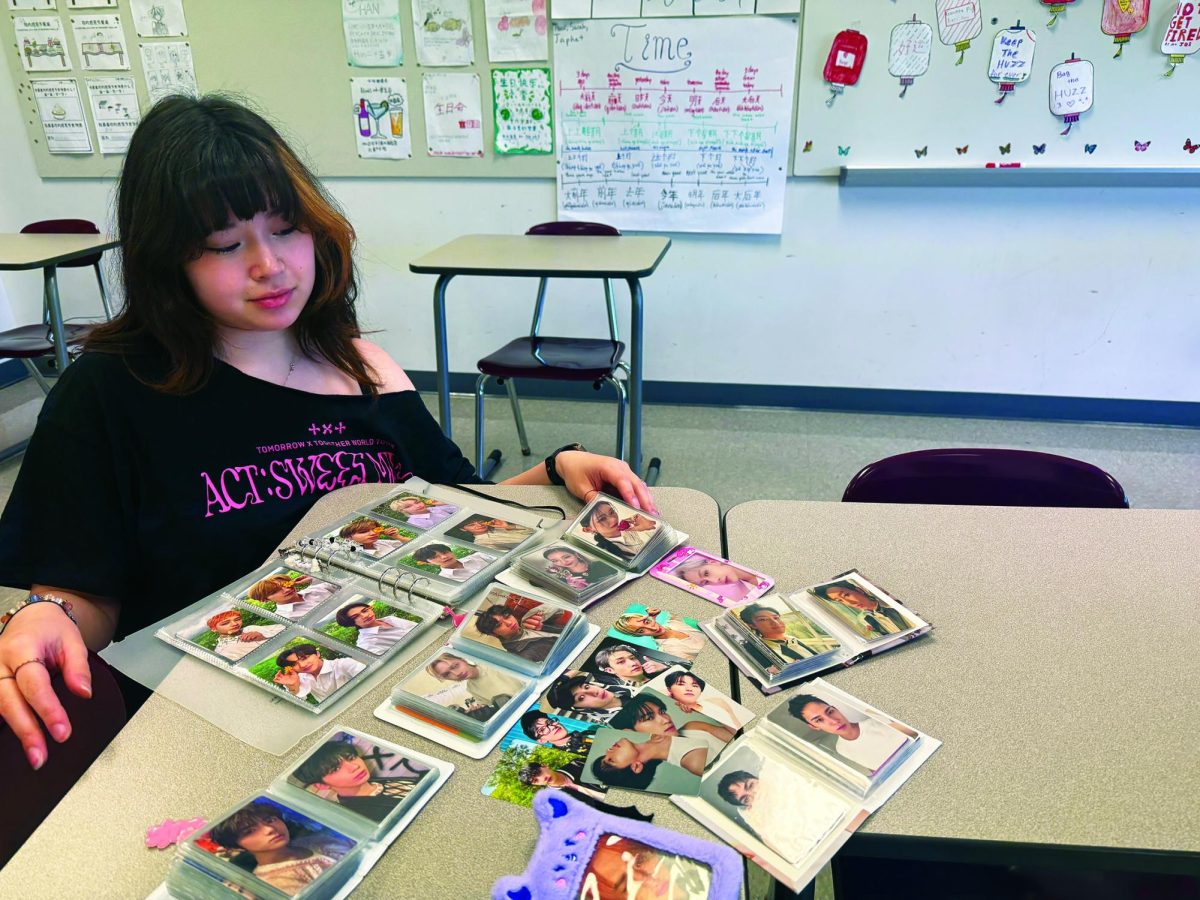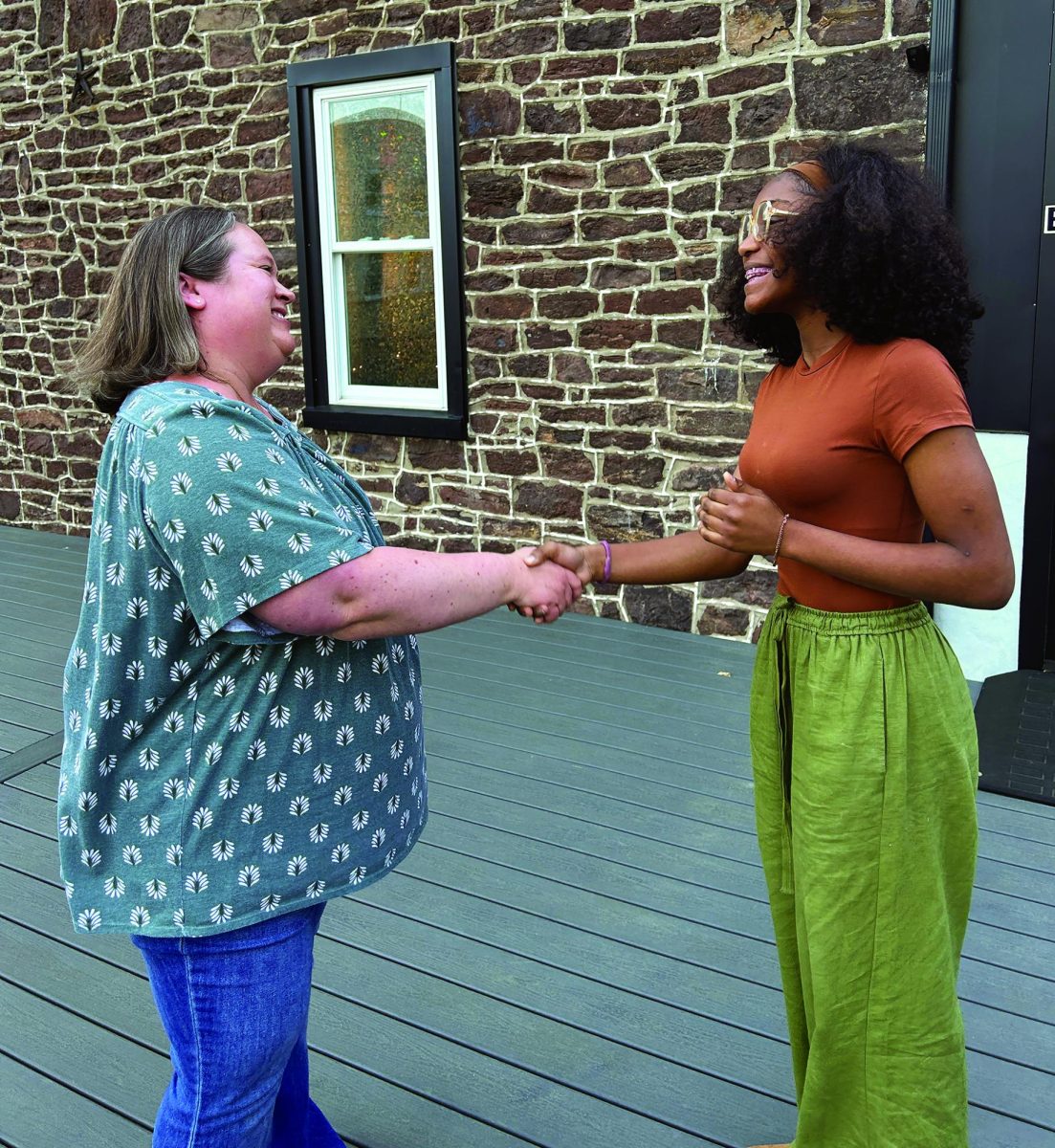In light of the recent killing of Iranian Major General Qassem Soleimani, Muslims may face more hardships with racism in the future as it has played roles in American actions in the past.
Soleimani was killed by a United States military drone on January 3. According to PBS News, tensions are mounting high as Iranian Supreme Leader Ayatollah Ali Khamenei said that “harsh retaliation” would occur.
Iran attacked American air bases later on January 8, and mistakenly shot down a Ukrainian civilian plane, Flight 752, the same day.
As a result of these actions taken by both governments, Muslims, along with people of color, will be receiving the short end of the stick, already receiving anti-Muslim actions against them.
According to statistics from New America’s Muslim Diaspora Intiative, anti-Muslim actions spiked near times of terrorist attacks, such as ones at the Boston Marathon (2013), in Paris (2015) and Orlando’s Pulse nightclub (2016).
Each of the attacks during these years spawned anti-Muslim sentiment, with incidents in categories of Opposition to Mosques, Muslim Cemeteries & Schools, Anti-Muslim Actions & Statements by Elected & Appointed Officials and Hate Incidents Against Mosques & Islamic Centers.
One of the most prominent of these incidents is the travel ban (Executive Order 13769) on predominantly Muslim countries such as Iran, Somalia, Yemen, Libya and Syria in 2017 that is still active now, in 2020. According to the Washington Post, only 10% of visa applicants from those countries were allowed into the United States by September 2019.
The actions taken against American Muslims may be much harsher following Iran’s retaliation, a trend displayed by the spikes in actions after Muslim attacks.
There also may be repercussions for people of color who could be perceived as Muslim.
In Sunnyvale, California, a man plowed his car into a crowd of pedestrians who he thought were Muslim as the group was diverse and looked South Asian, according to Mercury News in 2019.
Two Indian men, Srinivas Kuchibhotla and Alok Madasani, were killed in 2017 in a bar after work by a man calling them ethnic slurs. After being removed from the bar, the man came back and shot both, The New York Times reported.
Being Muslim or being mistaken for being Muslim is apparently unacceptable in today’s America, and the retaliation from Iran will certainly not make things easier.
However, a study from 2017 by Emile Bruneau, Nour Kteily, and Emily Falk proposes a way to combat collective blame.
Participants in the study answered questions about how responsible all Muslims were for attacks on Paris and how white Americans were for the attacks by white supremacists such as Dylann Roof.
Collective blame of Muslim people dropped by about 18 points, according to Vox’s interpretation of the study.
If people point out the hypocrisy of blaming Muslims for the actions of extremists, it is possible to change minds and open the doors to a better future for Muslim people in America.
Iran attacks add to religious conflicts with Muslim people
As a result of tensions between the United States and Iran, bigotry towards Muslims brews. Islamophobia has long caused harm to Muslim people in the United States and may become worse with Iranian actions.
0
More to Discover





